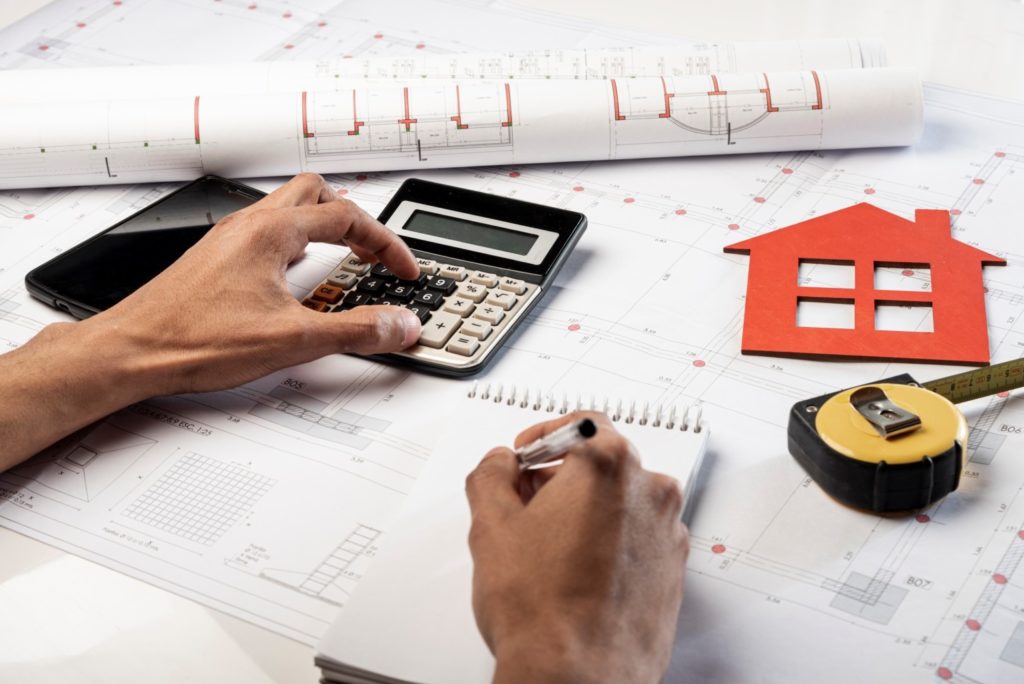Assessing Value and Potential
One of the main purposes of a property assessment is to help investors or property owners accurately determine the value of a property.
This assessment is essential for buyers and investors as it can have a material impact on decisions regarding purchase prices, investments, and financing options. In the same vein, it is important for sellers to understand the fair market value of their property so that they know what to make the asking price and can use the information in negotiations.
In commercial real estate, accurate property assessments are even more important as there are usually substantial financial stakes involved. Businesses will generally rely on these property certificates to do a feasibility assessment of investments, expansions, or relocations.
Lenders also typically require comprehensive property evaluations before approving loans, making assessments indispensable for securing financing for commercial ventures.
Evaluating Condition and Compliance
Property assessments are for more than just assessing the monetary value of a property. They also give a good evaluation of the condition and compliance of buildings and structures.
In the case of domestic properties, this may involve conducting inspections for structural integrity, safety hazards, and adherence to building codes. Identifying these kinds of issues early on will help owners of these homes address maintenance needs promptly.
In commercial real estate property assessments encompass a broader range of considerations, including compliance with zoning regulations, environmental standards, and accessibility requirements.
Facilitating Transparency and Due Diligence
Property assessments and certificates also play a crucial role in promoting transparency and facilitating due diligence in real estate transactions.
Whether a property is being bought, sold, or leased the parties involved will rely on these assessments to make informed decisions and mitigate risks. Detailed evaluations give potential buyers or tenants a good idea of the property’s condition and any potential issues.
Property assessments also help to establish trust and credibility between parties. For commercial real estate transactions, where contracts can be complex and negotiations protracted, transparency is invaluable in streamlining the process and minimizing legal risks.
Ensuring Investment Protection and Risk Management
For investors, whether they are individual homeowners or commercial enterprises, property assessments are essential tools for protecting their investments and managing risks effectively. They allow them to identify potential hazards, defects, or regulatory non-compliance issues beforehand so that they can make informed decisions regarding the investment so that they don’t have large unforeseen expenses down the line.
These assessments also help investors assess the likelihood of future liabilities or depreciation, allowing them the opportunity to mitigate potential issues or losses in the future. For instance, environmental assessments can uncover contamination risks that may impact the property’s value or require costly remediation efforts.
Supporting Regulatory Compliance and Sustainability Goals
Buildings and real estate are facing increased regulation and compliance with these legal and regulatory requirements is paramount for property owners and developers. Property assessments and certificates therefore serve as essential tools for ensuring that the building complies with everything from building codes to zoning rules and environmental or energy efficiency standards.
When considering property investments, it’s essential to understand legal requirements, including visa options—this comparison of golden vs. standard visa for property investment in Dubai highlights key differences that can impact long-term ownership and residency plans.
Sustainability and environmental protection are becoming more of a priority globally, which is also being seen in the commercial and domestic real estate sectors. Property assessments therefore play a crucial role in evaluating the environmental performance and energy efficiency of buildings.
Green building certifications, such as LEED (Leadership in Energy and Environmental Design) or ENERGY STAR ratings, are sought after by property owners seeking to demonstrate their commitment to sustainability and attract environmentally conscious tenants or buyers.

